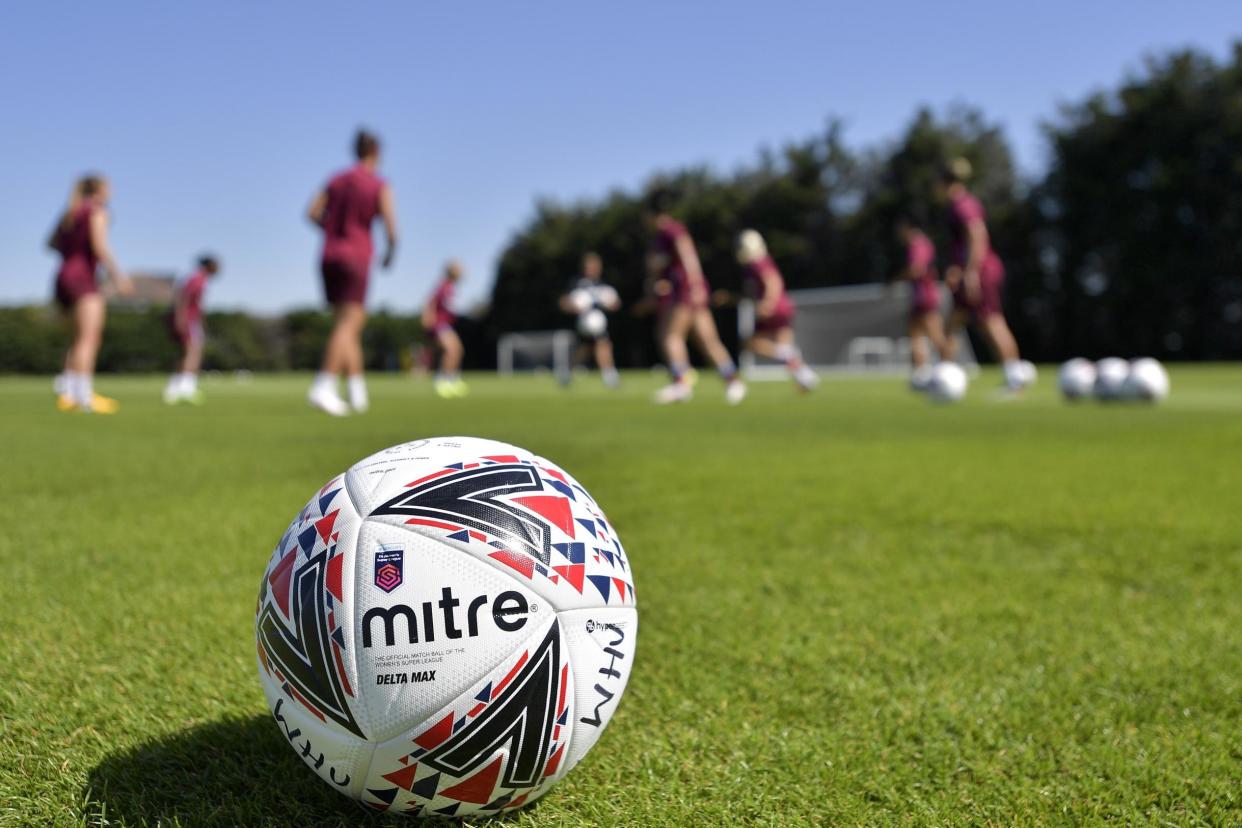BBC survey reveals social media trolling affects one third of elite British sportswomen

Social media trolling impacts almost a third of elite British sportswomen, according to a survey conducted by BBC Sport.
The BBC Elite British Sportswomen’s Survey was sent to 1,068 women in 39 different sports and received 537 responses.
The survey’s findings have proved to be disturbing, with 160 sportswomen - 30 per cent of respondents - revealing they had been trolled on social media.
Athletes have detailed the abuse they have suffered online, explaining how they receive messages about their appearance and sexist remarks questioning their right to play sport.
The number of respondents who have received abuse online has doubled since the BBC last conducted a survey on the matter in 2015.
The subject of abuse directed at sportswomen on social media, according to the BBC, was often related to body image, performance or telling athletes to “get back in the kitchen”.
One sportswoman is said to have received an image of her club’s crest full of ironing boards.
The electronic survey was sent to representatives of archery, athletics, badminton, basketball, bobsleigh and skeleton, boccia, boxing, canoeing, climbing, cricket, curling, cycling, darts, equestrian, fencing, football, goalball, golf, gymnastics, hockey, horse racing, judo, motorsport, netball, rugby league, rugby union, sailing, shooting, skateboarding, short-track and figure skating, skiing and snowboarding, squash, surfing, swimming, diving, table tennis, taekwondo, tennis, triathlon and weightlifting.
The survey was anonymous.
Minister for Sport Nigel Huddleston told BBC Sport: “The past few years have seen fantastic progress with women's sport starting to get the profile it deserves.
“However, it is absolutely unacceptable that this visibility has been matched by a rise in online abuse of our sports stars.
“We have set out world-leading plans that will make online platforms safer for users, and we will continue to engage with providers to see what more can be done.”

 Yahoo News
Yahoo News 
